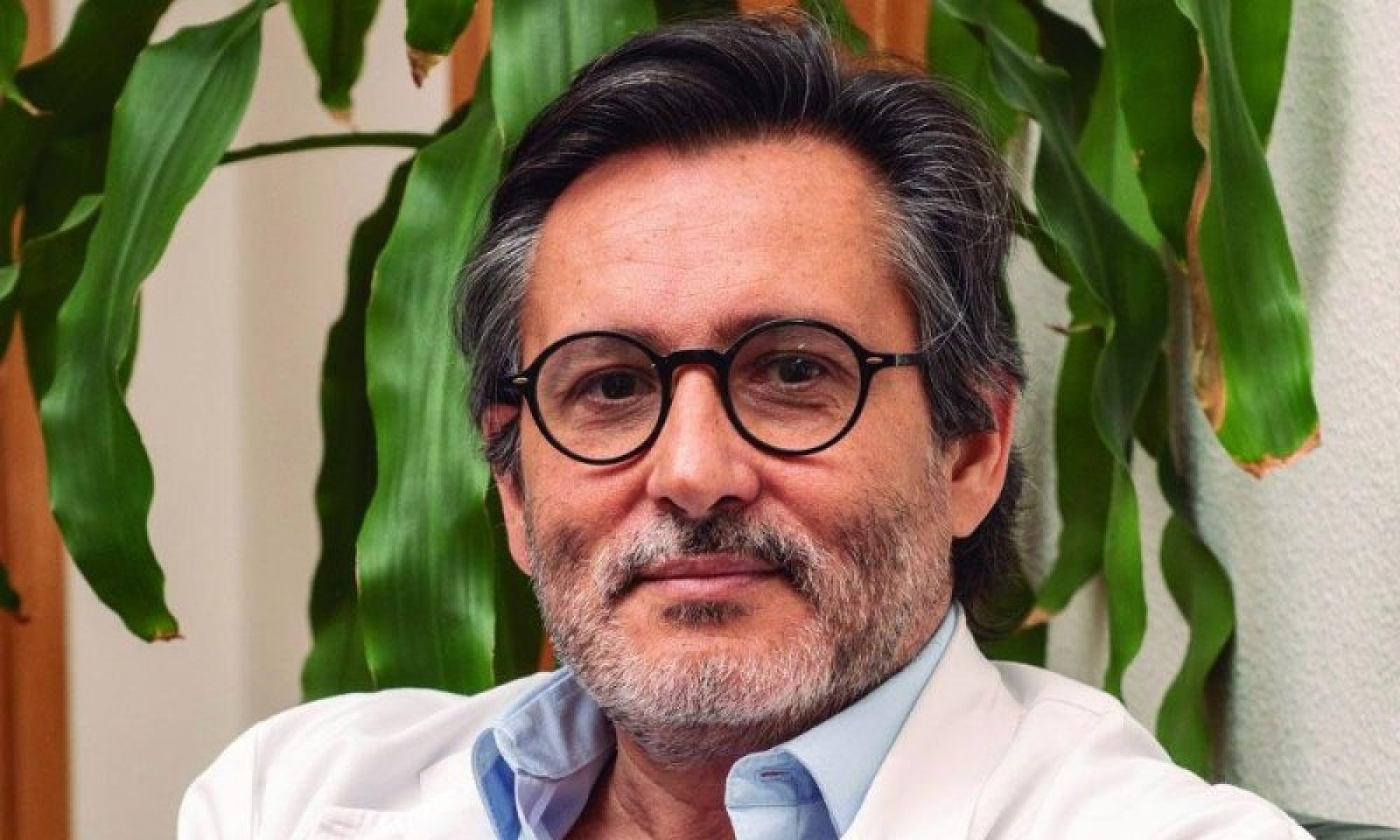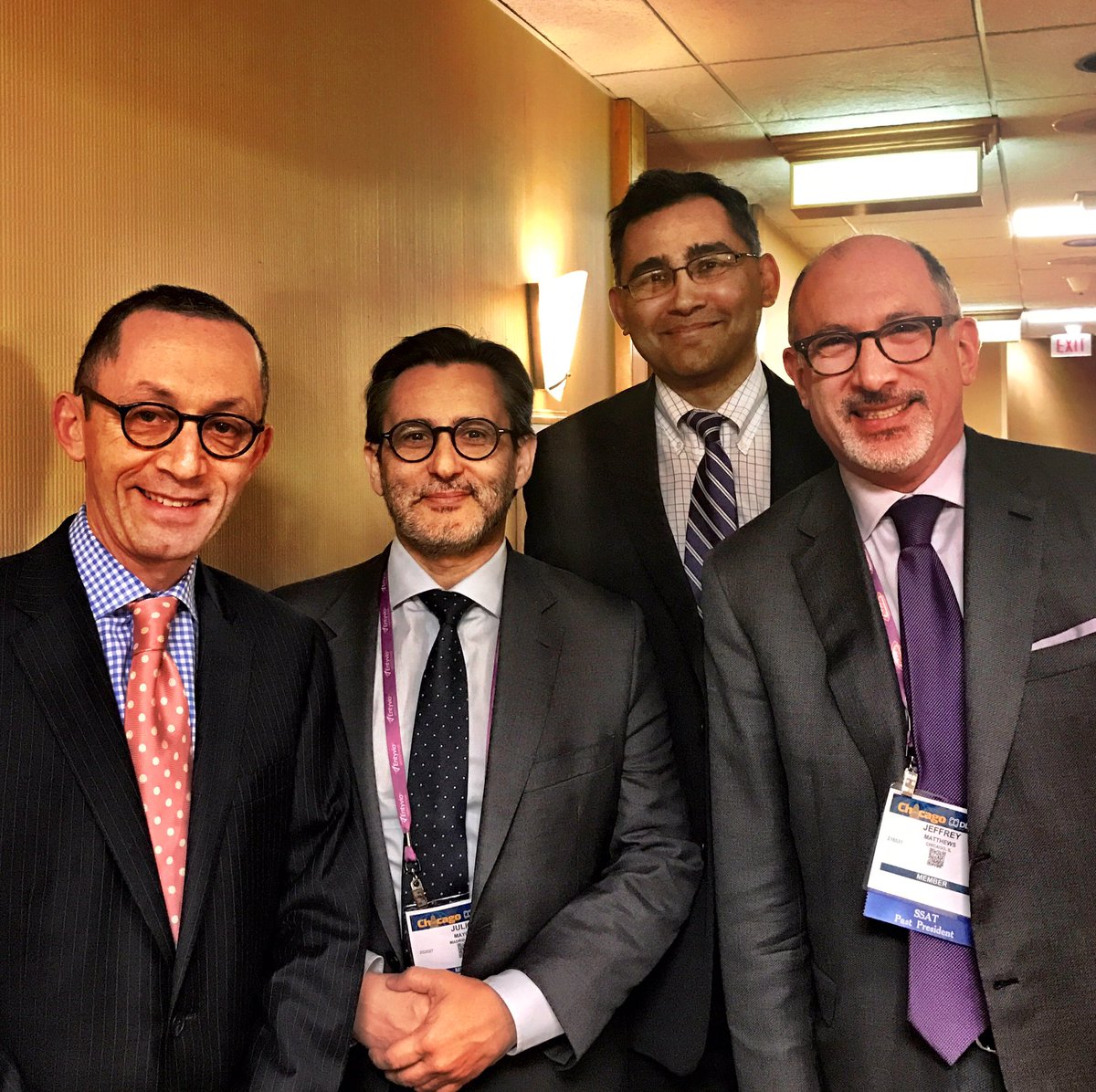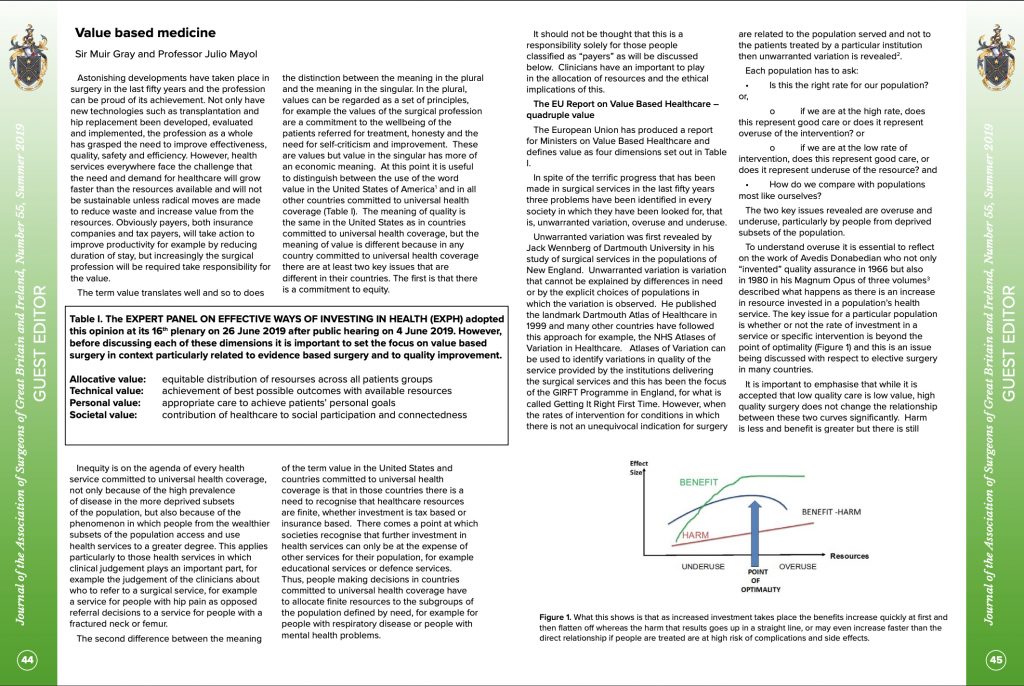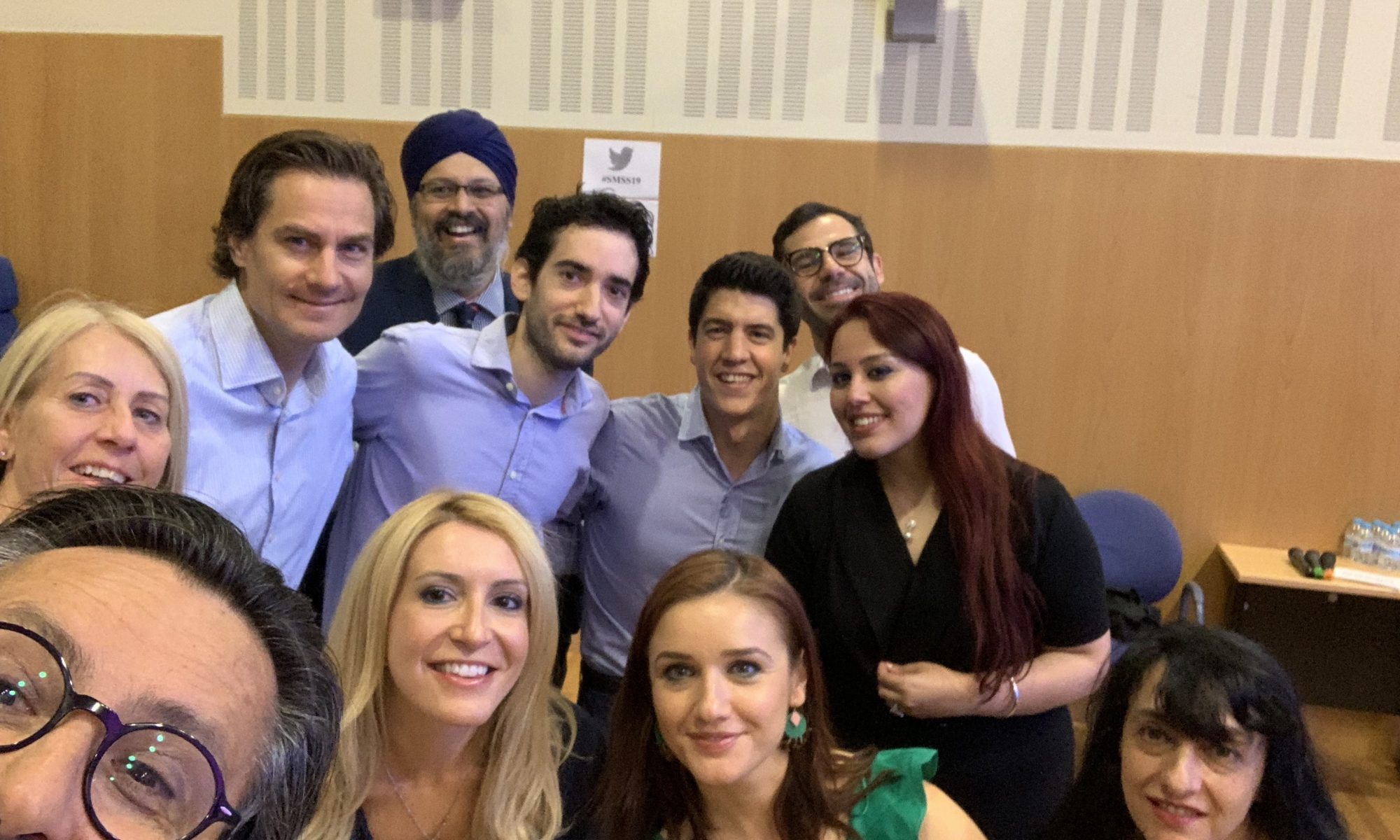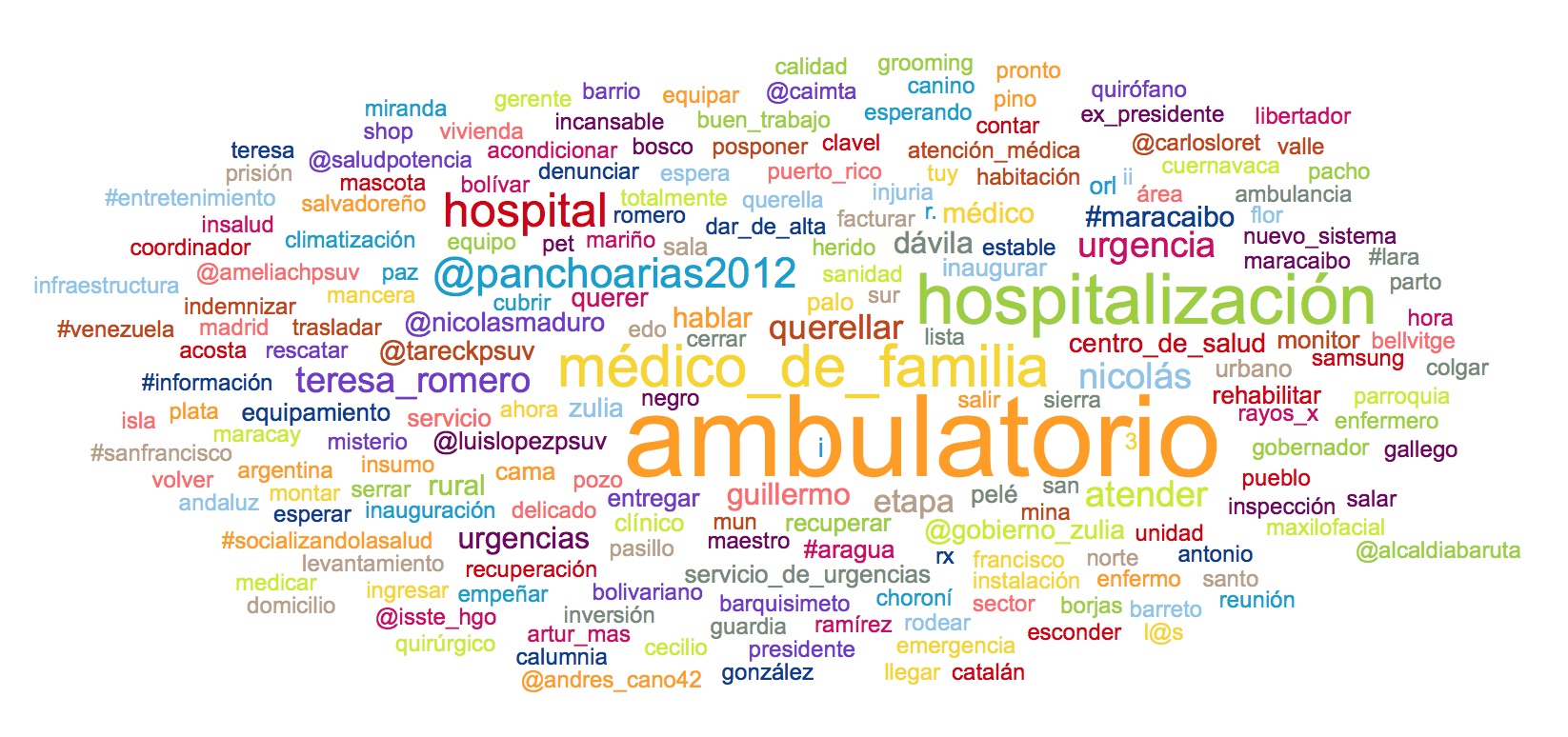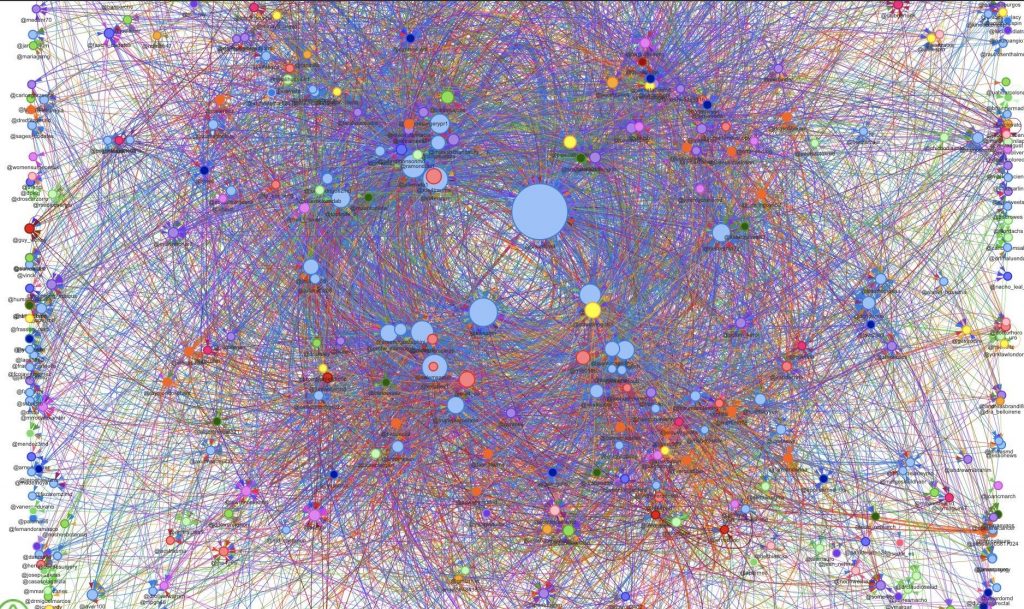Trauma takes numerous lives every year, in both a civilian and military setting. Trauma is the bread and butter of the general surgeon and the humble beginning of every specialized surgeon thereafter. It is therefore imperative to foster a strong online community that brings together efforts to raise awareness, share ideas and ultimately improve trauma practice on a global scale. This is how SoMe4Trauma was born.
Raised under the umbrella of the bigger SoMe4Surgery initiative, SoMe4Trauma aims to breed a community of trauma and acute care surgeons, other medical and non-medical trauma care providers (including ER doctors, nurses, EMS, fire brigade etc.), trauma policy advocates and trauma victims. Some of our goals include connecting the trauma community, sharing tacit & explicit knowledge, advancing trauma education, and creating a friendly and entertaining learning environment. In such a brief time period, the SoMe4Trauma family has managed to grow exponentially and to generate impact on Twitter. Such success can be attributed to a number of factors including the relevance of trauma to the medical community and the public (and the high burden of disease it represents), the unconditional support of influential surgeons on Twitter some of whom are true pioneers of trauma surgery and the continuous interaction of the SoMe4Trauma and SoMe4Surgery members.
Contrary to what it may seem, SoMe4Trauma is not a random tweeting service. The “behind the scenes” work that goes on in preparing most tweets is tremendous. That includes scheduling, networking, emailing guests back and forth, designing posters and recruiting tweeters to help interact and support the conversations. A structured approach is essential as real life efforts get translated into mere tweets. It is our belief that “failing to plan is planning to fail”. Real value can only be generated with vision and vigilance.
Finally, just as management in the trauma bay depends on team work so does the sustenance of an online community like SoMe4Trauma. We invite you not only to interact with us, but to contribute and become a trauma leader yourself. All you have to do is to follow and use the hashtags #SoMe4Trauma and #SoMe4Surgery as SoMe4Trauma continues to blow your mind…hopefully, without causing any injuries 😉

